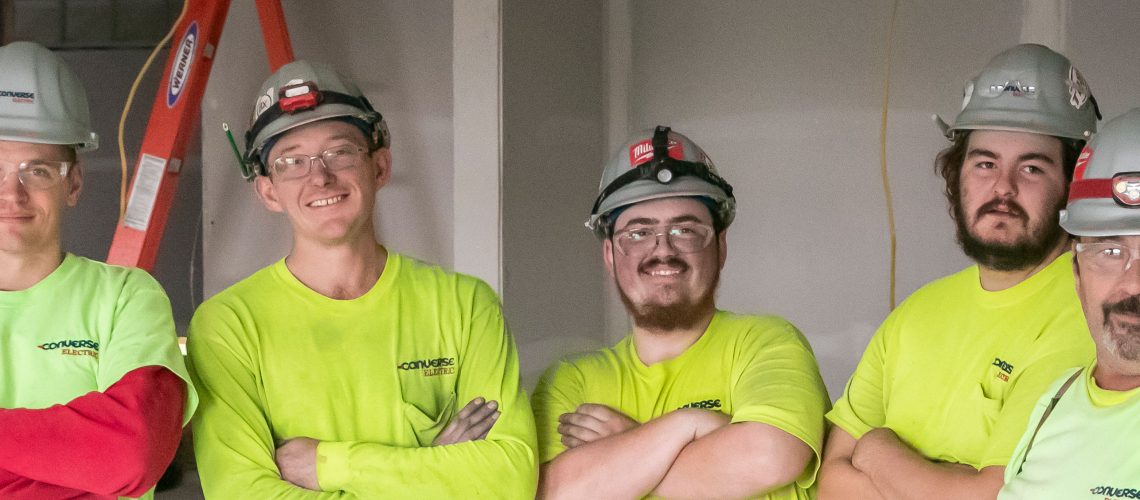Recognizing that you need a home generator is a great first step, but deciding on the exact type might take a little bit of work. The wrong generator might generate too much or too little energy, which can drain your bank account and still leave you uncomfortable. Whole house generators in Dublin are convenient, but not everybody needs that much power. You can also find portable and stationary models, as well as units that rely on gas, diesel, or propane for power. Remember to consult a licensed electrician when purchasing a new generator to make sure you get what you need. Here is a quick look at a few of the different types of generators. 
Whole Home
If you are the type of person who likes to err on the side of caution in any situation, a whole home generator may be the right choice for you. Rather than choosing which outlets to power and counting voltage to divvy up the responsibility, whole home generators will allow you to rest assured that your entire house will receive the power it needs. This type of generator might be the right choice if you have a large family or if you depend on medical equipment that requires electricity.
Portable Versus Stationary
Home generators may be either portable or stationary, typically depending on the size. Large generators that power the whole home at once will typically be stationary; whole home generators often require too much power to make portability practical. However, there are plenty of portable generators available for those who don’t necessarily need to power their entire homes for a significant period of time. Try returning your portable generator to the same place after each use; when it comes to a stationary home generator, you’ll never wonder where it is.
Gas, Diesel, or Propane
If your home is already set up for natural gas, then it makes sense to use this gas to power your generator. Larger whole home generators and commercial generators tend to require diesel fuel, while propane is considered a cleaner burning fuel than most of its alternatives.

